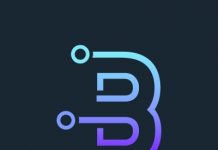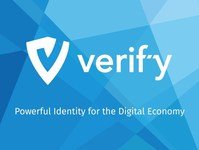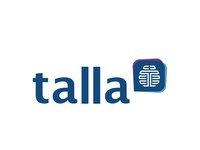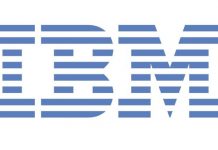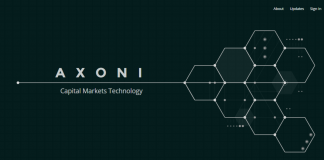Global business communications standards organisation GS1® has announced a collaboration with IBM and Microsoft to leverage GS1 Standards in enterprise blockchain applications for supply chain clients. GS1âs global standards for identification and structured data enable blockchain network users to scale enterprise adoption and maintain a single, shared and accurate version of supply chain and logistics events, thereby increasing data integrity and trust between parties, and reducing data duplication and reconciliation.
Data stored or referenced by blockchain networks can be structured for shared communications and interoperability through the use of standards. GS1 and ISO open standards of Electronic Product Code Information Services (EPCIS) and Core Business Vocabulary (CBV) enable standardised exchange of data and item-level tracking.
Robert Beideman, Vice President of Retail at GS1, noted: “What attracts many organisations to blockchain technology is the possibility of sharing data across corporate boundaries while maintaining a high degree of rigor and accuracy. We hope to make this possibility a reality for businesses by working with dedicated technology and industry partnersâand together promoting a common business language.”
GS1 Standards offer global businesses, such as Walmart, the ability to expand blockchain networks to suppliers, distributors and other ecosystem partners, providing data sharing, transparency, visibility and trust. IBM and Walmart have successfully used blockchain technology in a pilot test to enhance the traceability of two food commodities in two different countries: mangoes in the U.S. and pork in China.
Vice President of Food Safety at Walmart, Frank Yiannas explained: “Our pilot projects in the U.S. and China demonstrated that blockchain can strengthen existing food system safeguards by improving traceability. Using blockchain, we were able to track a product from retail shelf back through every stage of the supply chain, right to the farm gate, in seconds instead of days or weeks. Building blockchain traceability solutions on a common set of standards can help us scale across our complex, global supply chain and build networks based on transparency and trust.”
Brigid McDermott, Vice President of Blockchain Business Development at IBM, remarked: “One of the key benefits to blockchain in the enterprise is the trust it delivers, which enables more efficient and complete sharing of the critical data that drives enterprise transactions. By removing the barriers that can be caused from disparate entry systems, that trust is solidified even further. Thatâs why we are working with clients like Walmart and collaborating with other industry leaders to implement GS1 open standards into the work that we do.”
CEO of R3, David E. Rutter commented: “The challenge with trade finance and supply chain today is that participants are forced to use disparate digital systems bridged by paper-based processes, with little or no common standards. These digital ‘islandsâ work well when everyone is on the same network, but as soon as there is a lack of connectivity with certain participants using different solutions, things quickly revert to paper and manual processing. We see distributed ledgers as the means to provide that connectivity between participants across business networks.”
Yorke Rhodes III, Global Business Strategist for Blockchain at Microsoft, said: “Leveraging existing GS1 Standards to structure event information will enable blockchain-based supply chain implementations to be more interoperable and will simplify the capture and description of events that are written against smart contracts. Collaborating with partners to implement solutions on blockchain using standards already in place for item-level tracking is the quickest path to production.”




